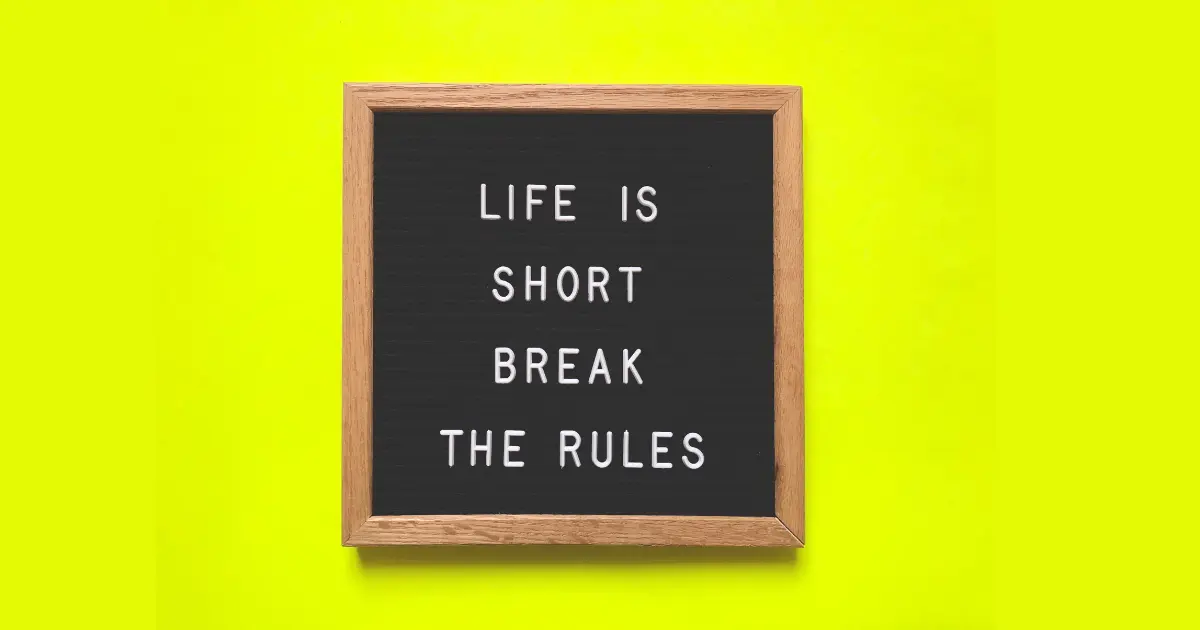Understanding a Fixed Mindset: Examples and Insights for Personal Growth

Introduction
Our culture today places great value on adaptability and resilience; therefore, the concepts of fixed and growth mindsets have taken on great significance. The mindsets we adopt shape our attitudes toward failures, struggles, and victories alike, thus influencing our responses. For this reason, it is crucial that individuals become familiar with fixed mindset examples to avoid hindering both personal and professional development. In this article, we explore fixed mindset examples and their implications while providing steps to shift toward more efficient growth mentalities. By doing so, readers may realize their full potential while creating cultures that promote continuous learning.
What Is a Fixed Mindset?
According to Carol Dweck’s definition, a “fixed mindset” refers to the assumption that intelligence and abilities are static traits. People with this mentality tend to perceive challenges as threats rather than opportunities for growth. This outlook negatively affects not only personal goals and ambitions but also relationships and professional activities. Understanding fixed mindset examples can help clarify how this mentality manifests in various situations.
Characteristics of a Fixed Mindset
- Avoidance of Challenges: People with fixed mindsets often avoid risks and prefer tasks with guaranteed successes. They view fixed mindset examples in their lives as confirmations of their limitations.
- Fear of Failing: A key component of a fixed mindset is the fear of failure. This fear often prevents individuals from taking necessary risks and acting on opportunities. The desire to maintain self-confidence frequently prohibits taking chances.
- Response to Feedback: Instead of viewing constructive criticism as an educational opportunity, individuals with a fixed mindset may take it personally, interpreting any critique as an assault on their self-worth.
- Perceived Effort as Futile: Many believe their hard work won’t change their natural abilities and thus will only result in decreased perseverance. This is a common theme in fixed mindset examples.
- Feeling Threatened by Others’ Success: Rather than feeling inspired, those with a fixed mindset might become jealous when others succeed, perceiving it as a reflection of their inadequacies.
Fixed Mindset Examples
To illustrate what we mean by fixed mindsets, let’s review some real-world fixed mindset examples:
- Academic Performance: Imagine a student struggling with math who dismisses the idea of seeking help, saying, “I’m just not good at math.” This self-limiting belief reinforces their fixed mindset further.
- Workplace Challenges: In a professional setting, an employee who receives criticism regarding their presentation skills might think, “I’ll never be a good presenter.” This fixed mindset example leads them to forgo future opportunities to present altogether.
- Athletic Endeavors: An athlete might believe, “I can never outpace my opponent; my speed just isn’t fast enough.” Such thinking can undermine their training efforts and performance, illustrating the limits imposed by fixed mindsets.
- Creative Expression: A writer receiving critique on their draft may feel defeated, concluding that writing “isn’t for them.” This mindset halts progress and stifles creativity—yet another of the many fixed mindset examples.
- Interpersonal Relationships: Someone with a fixed mindset might hold onto relationships longer, believing, “People don’t change.” This belief complicates conflict resolution and stifles growth.
Consequences of a Fixed Mindset
Recognizing the negative ramifications associated with a fixed mindset is imperative. Such mentalities may result in slower progress, decreased resilience, and lost opportunities for personal development. Individuals may find themselves trapped in cycles of doubt and frustration, ultimately diminishing their quality of life.
Transition from Fixed Mindset to Growth Mindset
Making the shift toward a growth mindset is integral in unlocking true potential. Here are techniques to facilitate this transformation:
- Welcome Challenges: Seize difficult assignments as opportunities for growth. Embrace challenging projects with enthusiasm and eagerness to learn.
- Redefine Failure: To gain perspective, reframe failures as lessons rather than signs of diminished value. This shift is crucial for personal growth.
- Seek Feedback: Open yourself to constructive criticism. Use feedback as a tool for improvement instead of a measure of ability.
- Recognize the Value of Effort: Acknowledge that hard work is essential for achievement. Emphasize perseverance over innate talent.
- Celebrate Others’ Achievements: Rather than feeling threatened, take inspiration from others’ successes. Use these moments as motivation for your own journey.
Related : Unlock Your Potential: Embrace a Growth Mindset!
Common Questions Regarding Fixed Mindset Examples
- What are some indications of a fixed mindset?
Common signs include avoidance of challenges, fear of failure, and dismissal of feedback, alongside feeling threatened by others’ accomplishments. - How can a fixed mindset hinder personal development?
Fixed mindsets limit learning opportunities, leading to frustration and inaction. This can create feelings of isolation or stagnation. - Is a fixed mindset reversible?
Yes, through awareness and practice, individuals can develop a growth mindset by embracing challenges and reframing failures. - What role does feedback play in developing mindsets?
Feedback is essential for growth, helping individuals identify areas for improvement and fostering a learning environment. - How can I promote a growth mindset in others?
Act as a role model, recognize efforts, and provide positive reinforcement to encourage continuous development.
Conclusion
Understanding the traits and characteristics of a fixed mindset is the first step toward making personal changes. By recognizing the implications of fixed mindset examples and actively working toward cultivating a growth mindset, individuals can unlock their full potential. Embracing challenges, redefining failure, and building resilience are key to succeeding in our ever-evolving world.
Source
- Dweck, C. S. (2006). Mindset: The New Psychology of Success. Link to book summary.
- Mindset Works: Understanding Fixed vs. Growth Mindsets. Mindset Works.
- Verywell Mind: Understanding the Fixed vs. Growth Mindset. Verywell Mind.




